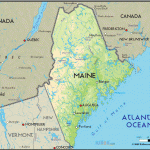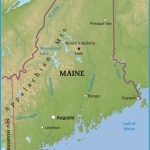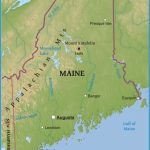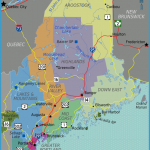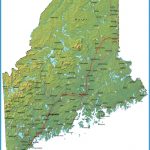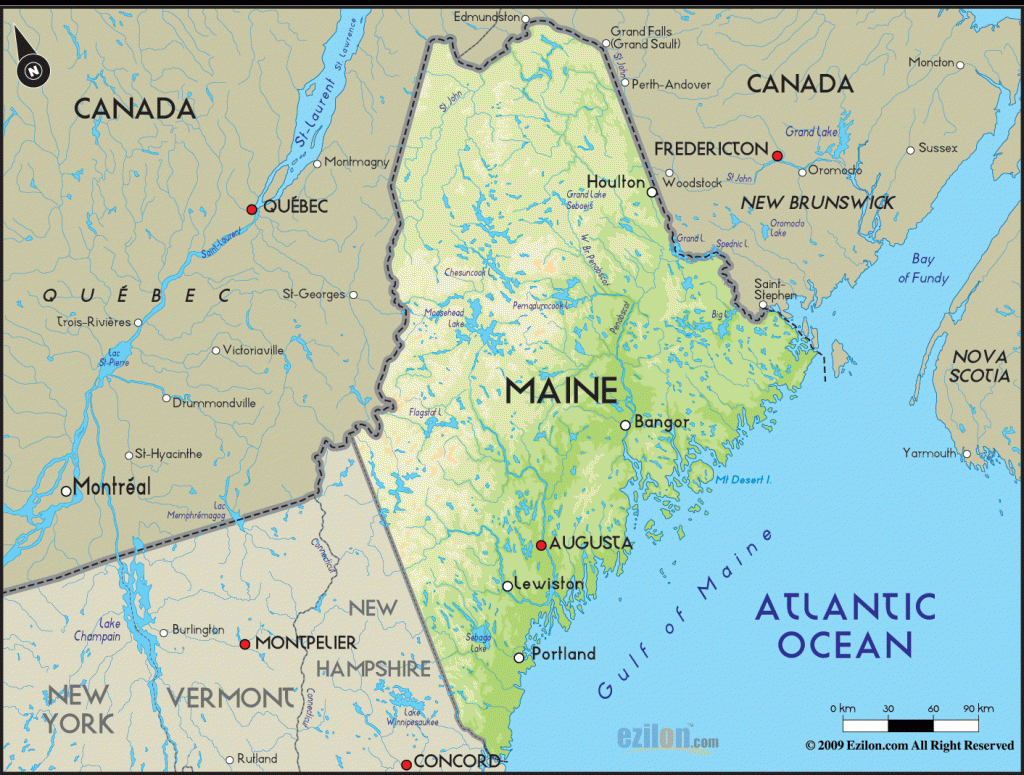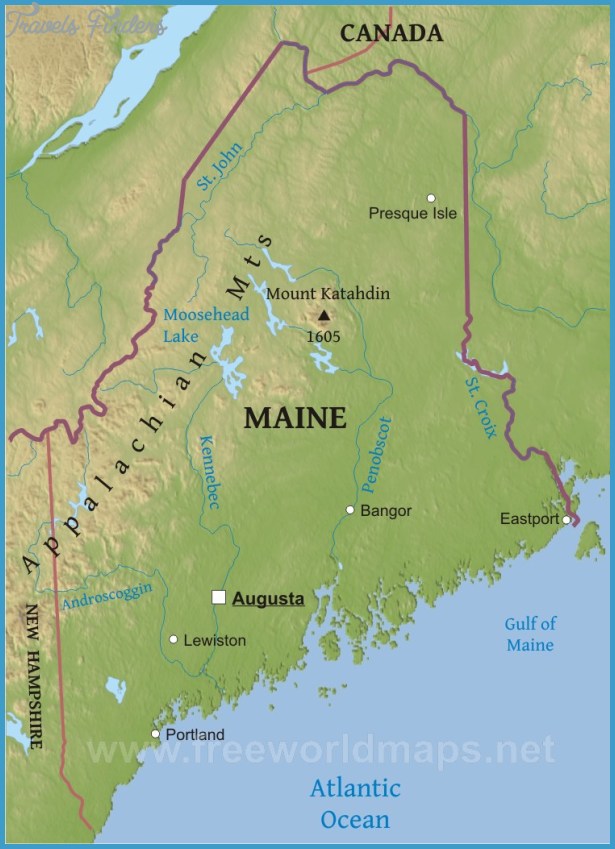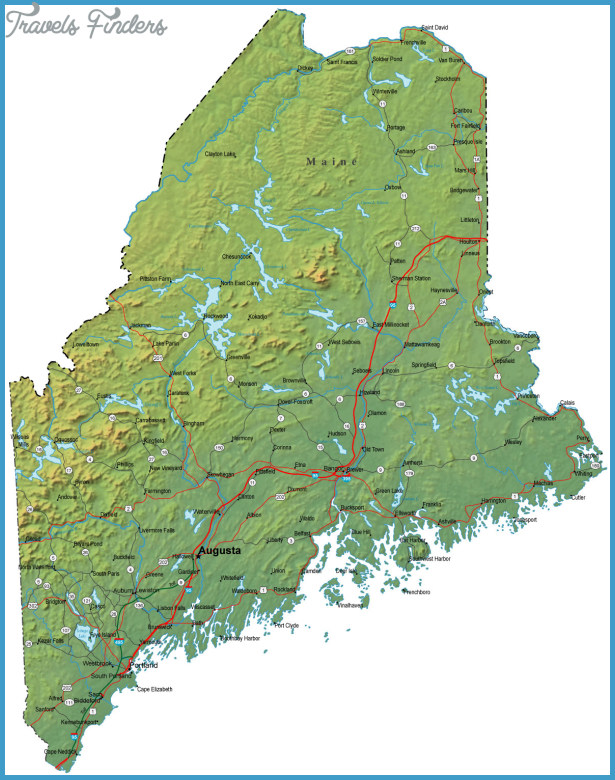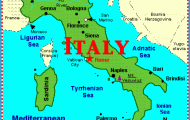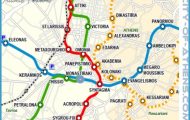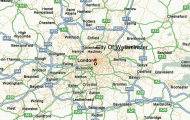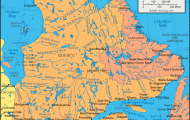Mobility and Homeownership
Latino migrants in Maine have been living in the United States for a substantial amount of time. Nearly 95.7 percent of Latinos had been living in the United States for at least 5 years prior to the 2000 census. However, Maine’s Latinos were highly mobile: only 37.9 percent of Latinos were residing in the same location 5 years before the census, whereas 59.6 percent of non-Latino whites were residing in the same location 5 years earlier.
Home ownership is a way to demonstrate the commitment to remain in one location, and it has been shown to be important for building sustainable social networks and social capital. Maine Latinos (45.6 percent) had a home ownership rate identical to that of Latinos nationally (45.6 percent) but lower than the rate for non-Latino whites (72.2 percent).
In summary, the Latino population has grown slowly but steadily in Maine over the last 40 years. Latinos have found opportunities for employment and affordable housing. Maine’s Latino population is located in the southern part of the state, whereas traditionally migrant and seasonal workers have been in the northern part of the state. The Latino population is growing more from internal migration than from international migration. Some anti-immigrant bias has surfaced in the state that has tarnished the rather positive reception that Latinos had initially received. Most people in Maine have welcomed Latinos and have been appreciative of their economic and social contributions. As the Latino population continues to grow, some believe that the conditions are positive for the Latino population to develop a strong middle-class presence in the state. The present concentration of Latinos in southern Maine could be a harbinger of increased internal and international migration to the state. As is the case in other regions of the United States, it is likely that beneficial socioeconomic integration will occur as both Latinos and others residing in Maine accommodate one another, rather than Latinos alone conforming to some imagined homogenous national identity.

